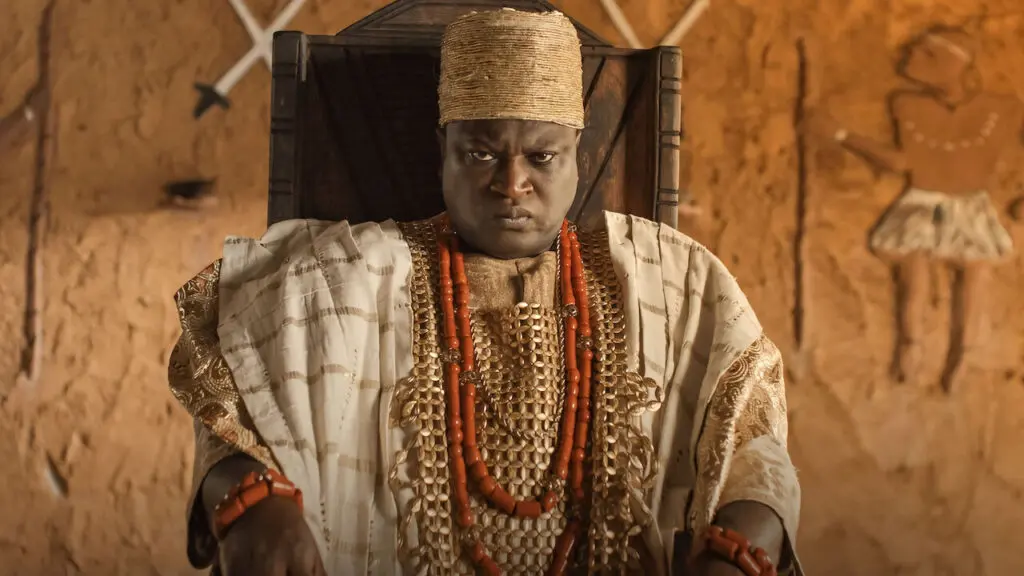Summary
House of Ga’a is possibly the best Nigerian movie this year, especially on Netflix.
Director Bolanle Austen-Peters and writer Tunde Babalola were eager to convey how great the old Oyo Empire was during the 18th Century, but at the same time, their angle on Bashorun Ga’a is an interesting character study. From a historical sense, Ga’a was loved by his people, as he protected them from cruel rulership. He was known for many war victories, adding many notches to his honor and status. Netflix’s House of Ga’a, a Nigerian-made movie, is a window of time: the beginning of the end of Bashorun Ga’a and the incoming changes to Oyo.
It’s noticeable how epic House of Ga’a is, and I’ll be frank: it caught me by surprise. There’s a level of authenticity and curation in the direction of this movie, which respects Yoruba culture and its people.
From what I can see, there are no shortcuts; the production desperately tries to keep it as close to historical accounts as possible, and it reflects in the performances. I can’t discredit any scene from an acting perspective, and the lead, Femi Branch, who plays the titular character, fills the screen with his authority, displaying his power and stature.
The movie begins with Bashorun Ga’a enjoying a victory against the Nupe army, and he becomes a local hero, soon to be appointed Prime Minister. However, his distaste for the Alaafin is transparent from the start, with his aim to merge authority under his rule. The movie is a slow-burning ember, ready to descend into chaos. You can sense the anxiety amongst his people as he begins to wrestle with tension from his opposition. There’s never a moment where you do not believe disaster is impending.
I think that’s where audiences will be confused. Bashorun Ga’a’s actions appear reckless in the movie; in a 21st-century sense, you’d believe they were unjustified. However, there’s a real sense of time in House of Ga’a. The spiritual world is as essential as the world we can see, meaning the logic behind a person’s actions is different. The movie manages to give the audience the chance to understand their logic. It’s not merely assumed that every decision is a moment of madness.
But whether the audience gets to understand the greatness of Ga’a is a different question. I had zero knowledge of this period of African history. It took a few articles before and after the movie to understand the size and magnificence of the kingdom of Oyo and the impact of Ga’a’s rise to power. This is likely irrelevant to another viewer’s understanding of history, but I’d have liked to understand more of the context behind this leader and why he was adored. House of Ga’a only assumes fear among the people, as Ga’a tears people apart with strong decision-making, often including his own family.
From costumes to location scouting to dialogue to its overall feeling of legitimacy, I believe House of Ga’a is to be an important movie. It’s not one to pass by as an overlong feature on Netflix. The third act rewards viewers for its patience, signifying a surprising re-watch value. I’m not exaggerating when I say this is an epic Nigerian film. It deserves all the praise it gets.
RELATED:




